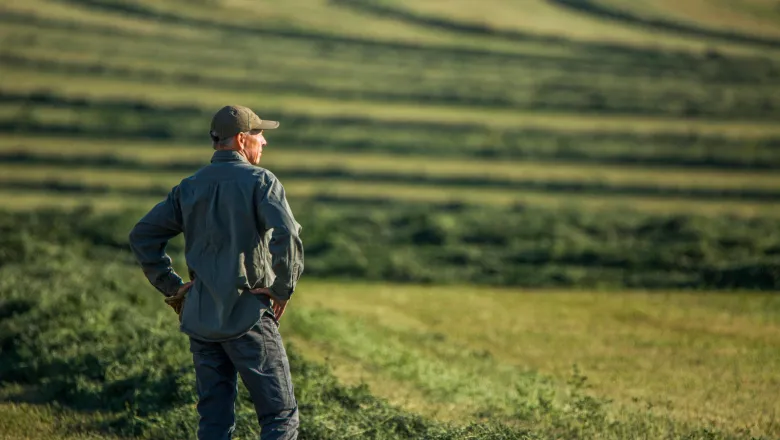Mental Health in our Rural and Farming Communities

Self-Care & Wellness for Farmers
Mental health is a real issue for families across the United States, including families living in rural communities across the Northeast Region. Mental health issues bring unique challenges to agricultural and rural communities, especially when they do not have the same access to care compared to those in urban areas.
We know that rural communities have 20% fewer primary care providers and 65% of rural counties do not have a psychiatrist. Considering that 28% of home lack access to broadband, even telehealth can prove to be a challenge for accessing healthcare.
We also know that residents of rural communities have significantly higher rates of suicide compared to urban areas. The Center for Disease Control (CDC) reports that the fourth highest suicide rate in the nation is for those working in agriculture, forestry, fishing and hunting industries.
These factors, along with the stigma surrounding mental health, are causing a mental health emergency in rural America. In a 2023 survey, over 500 West Virginia residents identified issues relating to mental health in rural communities and the agriculture world. 64% of respondents think there is some stigma associated with stress and mental health in the agriculture community today. Most respondents reported the cost of help/treatment and embarrassment as the obstacles to seeking help or treatment for a mental health condition.
When we look at survey responses by occupation, we find that farmers reported cost of help/treatment and accessibility of help or treatment as the major obstacles to seeking help or treatment for a mental health condition. Compared to overall respondents, farmers were less likely to have sought care from a mental health professional due to increased access to resources. So, as access to resources may have increased for some, farmers are not seeing those benefits.
For those living and working in rural communities, the issues can have a detrimental effect on their overall health and affect all aspects of their lives. Tools and resources to promote positive mental health are critical, and there are many free resources to provide a network of support.
Through a grant from the West Virginia Department of Agriculture, WVU Extension has been working to equip communities to deal with mental health issues and crisis situations by training people to act as gatekeepers to help with the Question, Persuade, Refer (QPR) and Mental Health First Aid programs. If you are interested in hosting a training in your community, please contact Ami Cook at ami.cook@mail.wvu.edu or (304)765-2809.
We have also developed a list of mental health resources available to you. If you or a loved one feel that you need someone to talk to, you can use one of the free, confidential resources listed here:
extension.wvu.edu/rural-mental-health
National Suicide and Crisis Lifeline
Phone: 988; 988lifeline.org
Crisis Text Line
Text HOME to 741741; crisistextline.org
Rural Health Information Hub
Phone: 1-800-270-1898; ruralhealthinfo.org/topics/mental-health
Farm Aid Hotline
Phone: 1-800-FARM-AID/1-800-327-6243


Authors:
Ami Cook, Associate Professor and Extension Agent, WVU Extension Service, ami.cook@mail.wvu.edu
David Roberts, Associate Professor and Extension Agent, WVU Extension Service, David.roberts@mail.wvu.edu